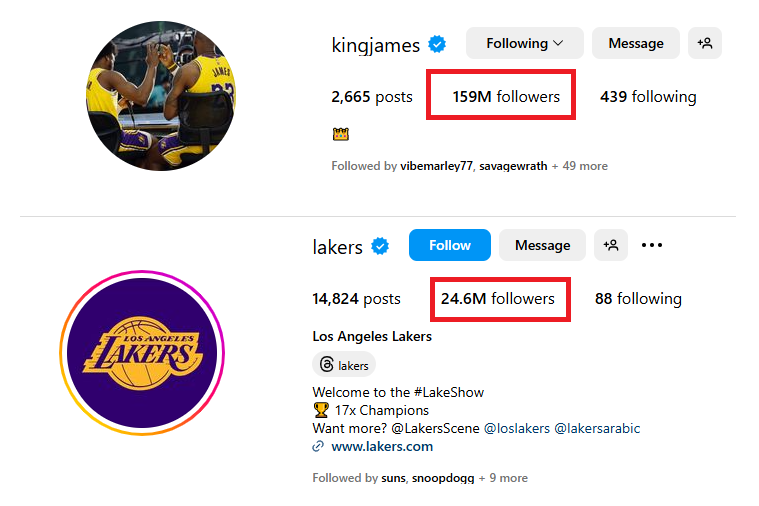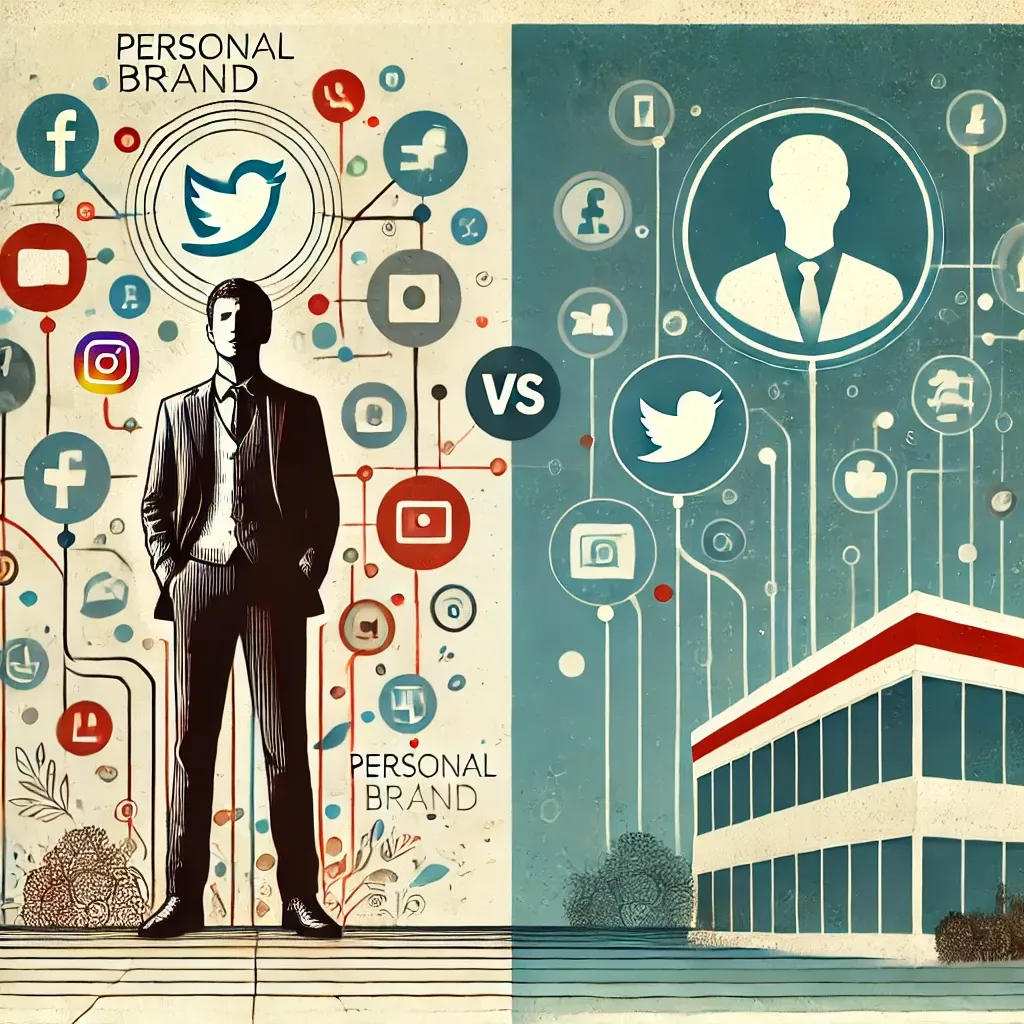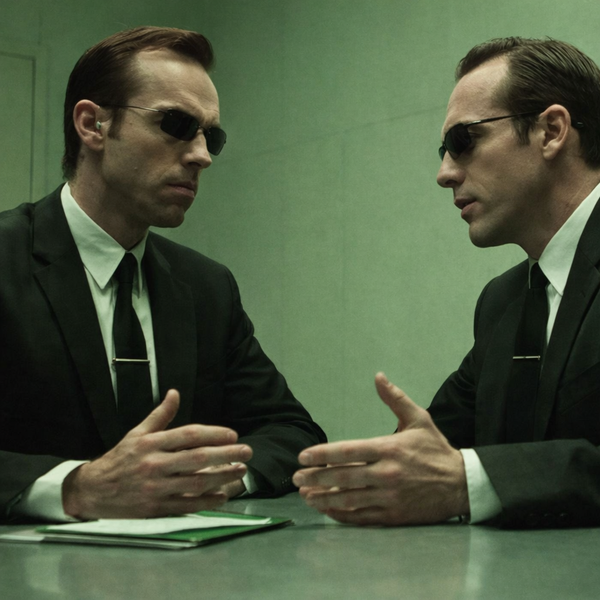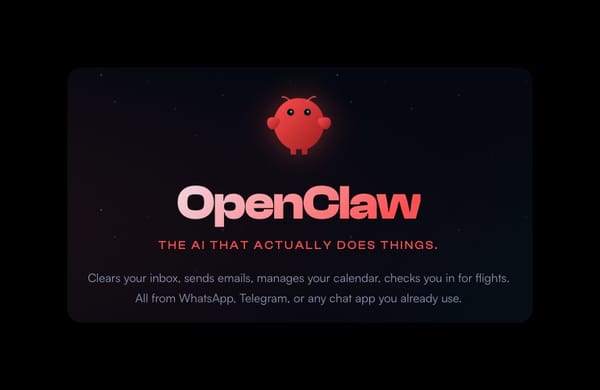Personal Brands vs Corporate Brands
Discover how personal brands are outshining corporate brands. Learn how to build your niche, create engaging content, and grow a portable brand that stays with you.

We are now in an era where personal brands are becoming more impactful than corporate brands. Athletes are a great example. Today, Lebron James has more followers than the team he plays for, the LA Lakers.
Cristiano Ronaldo's Instagram audience exceeds the combined populations of the United States, Mexico, and Canada.
Cristiano Ronaldo has the most followers on Instagram and continues to grow. With this massive following, he also has more followers than any of the S&P500 companies. Cristiano Ronaldo's Instagram following is more than double that of Nike, the leading S&P 500 company on the platform, highlighting his unparalleled influence and reach on social media.
Elon Musk is also another great example. Elon has more followers on X than his companies, SpaceX and Tesla, combined with the numbers of Instagram and X.
The power of the personal brand
The ability to communicate with your customers via different channels, especially H2H (Human 2 Human), increases engagement and loyalty. I still see the need to combine corporate and personal brands to reach different audiences. The mix of the two brands is still essential; this is where we will see the most significant value unlocked.
Personal brands are intended not only for influencers dancing around TikTok but also for everyday individuals. Having your brand is creating your own unique calling card, which follows you wherever you go.
I advocate for everyone to create their brand. Find your niche regardless of what it is and narrow it down until you are a voice about this topic.

For example, I started long ago Docker as a prominent technology advocate. However, Docker is quite broad. So, my interest was in monitoring, analytics, and logging. I was the only one on the internet talking about Docker and monitoring until I became this niche owner.
I hear from so many people that "all the ideas are taken" or "no one will listen to me." Well, you are right! That is until you find your niche and niche down until you find your specialty within that niche.
Take AI, for example. The topic alone is vast. Let's narrow it down until we find a niche.
Let's have a look at how we can niche down a topic:
- I like the topic AI, a massive audience
- I like to use ChatGPT (ok, now we have narrowed down the audience slightly)
- I enjoy using ChatGPT to help me with selling things online (Ok, now we are niching down)
- Finally, I like to sell all the used things which I don't use anymore online and I use ChatGPT to help me write the advertisements.
Great. We have now niched down from AI to using ChatGPT to help me sell my old household things online to other people. Now, we have considerably niched down the topic, and with such a specific topic, you will be one of a handful of people talking about it, which will help you stand out.
Stay Updated
Get actionable AI & tech insights delivered every Friday. No fluff, just value.
Subscribe to The Weekly Byte →Creating content becomes easy and natural if you are passionate about the topic. This will help you build an audience that resonates with the topic and carve out your niche. Regularly creating content about this topic will help you become a voice in this niche.
The AI example can then be used on LinkedIn, YouTube, Instagram, TikTok, and other platforms that may better relate to the topic and possible use in collaboration with your current job.
Corporate Brands
Corporate brands do have a place. However, when buying a product, which recommendation would you value more? A friend or a stranger? Well, a corporate brand is a bit in between. We know brands like Nike, Google, etc.
The value of corporate brands is building trust with the consumer, which could take days, months, or years, depending on the product. Companies invest millions to communicate these messages.
Corporate brands are typically less personal as they focus on their products.
Corporate Brands vs. Personal Brands:
- Corporate Brands: Represent businesses or organizations. They focus on values, products, and services. Trust is built through brand reputation and marketing.
- Personal Brands: Focus on individuals and their unique voice, expertise, or personality. Trust comes from authenticity and personal connection.
Personal brands are more flexible and portable, while corporate brands are tied to a company’s identity and stability.
Personal Brands are Portable
The great thing about building a personal brand is that it is portable. Why is this good? If you change companies, move to a different city, etc., your personal brand is not left behind.
Take Lebron as an example. Lebron could be traded to another team and take his brand with him, which would enormously impact the Lakers, but not Lebron. Before personal brands, the Lakers owned all of Lebron's rights, content, etc. Now, he has created his content and brand, which can be used by both the Lakers and a future team.
Personal Brands don't mean you need to be an Influencer
Influencers are essential in today's world. However, there is a line between influencers who create content for clicks versus personal brands, which are used more to advocate for you, your knowledge, and your skills.
Creating a personal brand doesn't mean you need to start dancing on TikTok.
How do you create a personal Brand?
I recommend doing the following to get started with your brand.
- Set up your LinkedIn correctly. You want a professional-looking profile picture and a header image that inspires people to read your profile, and your "About me" section needs to stand out.
- Create a website and set it up as a Resume/CV. Like my website here, brianchristner.io, I use it as both a blog and a calling card. I list all my presentations and conferences, and any news I find would help people want to find out more about what I do. So when people Google your name, it's easy to find you. Try buying a domain with your name. WordPress or Ghost both offer great Resume templates to help get you started.
- Based on the ChatGPT niche example, use your niche to your advantage. You know the ins and outs of your domain. Start creating content about your niche and share it across all platforms.
- Be consistent and try to create content at a set interval. To help you find a good rhythm, start by creating content twice a month for three months.
- Check your stats! See what content resonates best and find out why. Then, use this as a template for future content. However....don't lose yourself in the details. Stay focused on why you are doing this.
Get started
Don't wait—just do it. It takes a bit of time, but nothing else but the long term will help you establish a personal brand. Your personal brand will help you expand your network and find other people with the same interests.
FAQ Section: Personal Brands vs Corporate Brands
Why are personal brands more powerful than corporate brands today?
Personal brands connect with audiences on a human level, enhancing trust and engagement. Figures like Cristiano Ronaldo or Elon Musk often surpass the companies they represent in followers and influence, showcasing the strength of personal connection.
How can I find my niche for a personal brand?
Identify a broad interest, then narrow it down to something unique. For instance, if you love AI, focus on using ChatGPT for writing sales ads. Specific niches make it easier to stand out and build an audience.
What are the key steps to building a personal brand?
Start by optimizing your LinkedIn profile, creating a personal website, and regularly producing niche-specific content. Be consistent and review your engagement stats to refine your approach.
Why is a personal brand portable?
Unlike corporate brands, a personal brand belongs to you. If you change jobs or locations, your reputation, content, and audience remain intact, providing long-term value.
Do you need to be an influencer to have a personal brand?
No. A personal brand focuses on showcasing your knowledge, skills, and unique voice, not necessarily generating clicks or becoming an influencer.
Follow me
If you liked this article, Follow Me on Twitter to stay updated!



